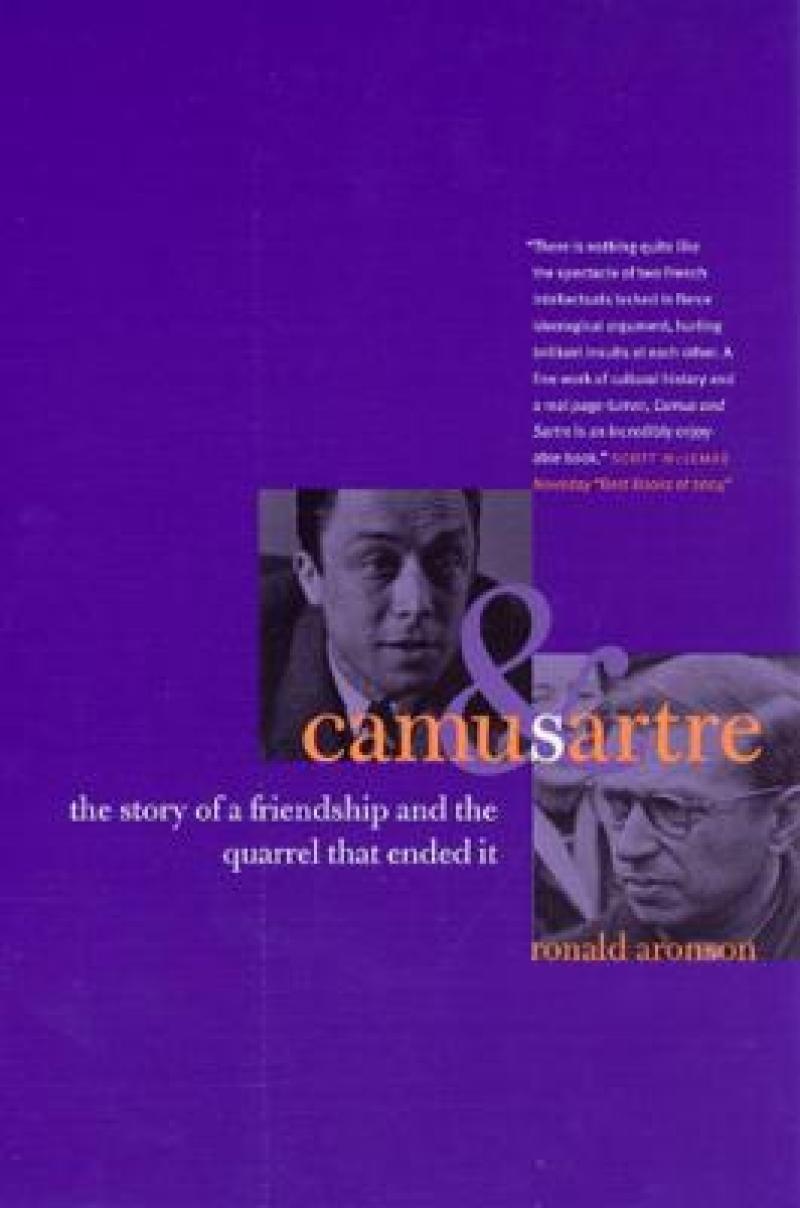"With meticulous even-handedness, this internationally renowned Sartre expert has produced a remarkably non-partisan account which also reminds us that it is possible to combine the highest level of scholarship with a lively and readable style of writing.... An important contribution to twentieth-century intellectual and cultural history." - David Drake, Times Literary Supplement; "Aronson's literary acuity combined with an entertaining use of anecdotes on social and personal jealousies Sartre and Camus harbored make the book a useful biographical background to the major works of these authors and a most enjoyable tale of the turmoil of intellectual life in postwar France." - Publishers Weekly; "A masterful synthesis of intellectual history, political context, and biographical narrative.... A book that will reward both those unfamiliar with either thinker and the expert It will doubtless be the standard account of the Sartre-Camus debate for a long time to come." - Scott McLemee, Bookforum"
